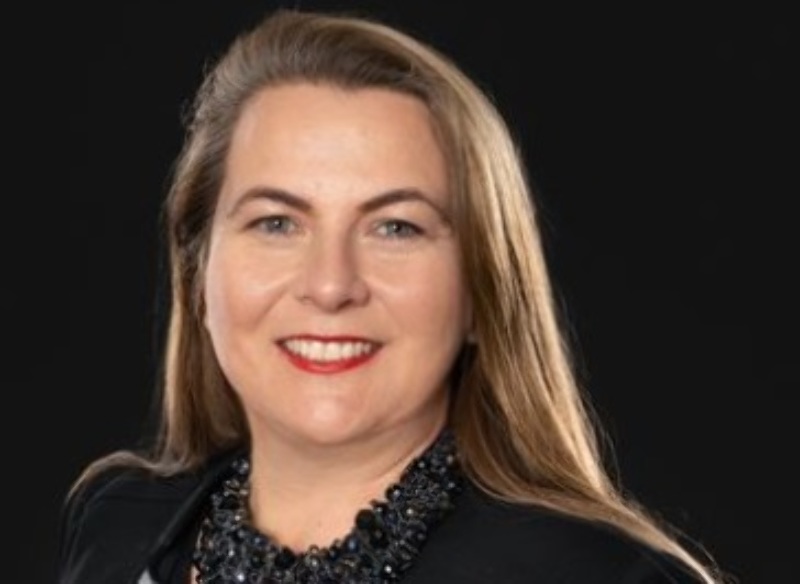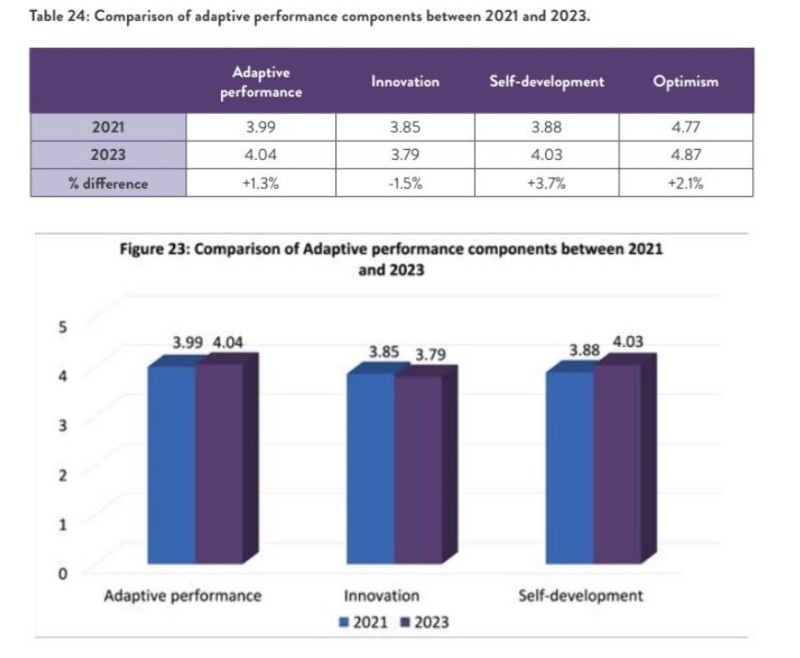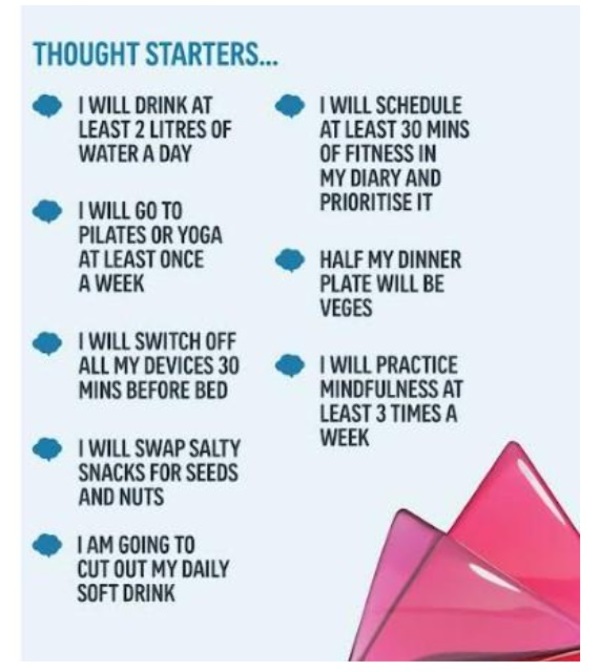
Just 4.03% of advisers who responded to the 2023 survey said they engaged in self-development activities; up from 3.88% in 2021.
AIA NZ Head of IFA and Group Distribution Anna Schubert, says the conversation around self-development needs to be reframed.
“It isn’t about CPD or achieving NZCFS level 5. It’s about commitment and making time for yourself.
“In our industry that’s important because you are giving advice and supporting others. To do that you have to look after yourself; always put your own oxygen mask on first.”
Think of it as being the CEO of your life, she says. “If someone says you have a meeting with the CEO, you make it a priority. But many of us don’t prioritise ourselves.”

Self-development needs advisers to give themselves a chunk of no-go time. The research showed that the ability to carve that out came down to boundary strength (being able to separate work from home life rather than integrate work and home).
“In our business people can talk about the goals in their job but they don’t want to talk about self-development. They say they don’t have the time, which is about boundary strength, or they don’t think creatively about what self-development means. So, it’s about boundaries and being adaptable and innovative.”
Evidence shows that self-development activities make advisers more resilient and optimistic; they have better client interactions and can cope better with crises. AIA support includes AIA Vitality coaching and advice on the website.
“If you don’t have the time, think about when in your diary you will be most adaptable to allow this to happen. Ask yourself when are you in the right zone for self-development and what objections you have? That’s understanding your time. Unless you block it in the diary it won’t happen.”
Schubert says sometimes people put off self-development until nighttime but that can stimulate the brain’s prefrontal cortex which wakes you up just as you should be winding down. She has expanded AIA Vitality Coach Katie Hunter’s three Rs of Recovery (rest, rehydrate and refuel) to encompass self-development.
Reset with breathing techniques (box or meditative breathing).
Refuel and make sure you plan to ensure good nutrition. “If you leave it to chance you’re going to eat the wrong stuff.”
Re-energise by moving. “This could be dancing to an 80s soundtrack, parking further away, or housework,” says Schubert.
Rehydrate and be conscious about drinking water. Dehydration is one of the biggest reasons for brain fog.
Rest instead of sleep. Using the concept of rest rather than sleep can remove the psychological pressure and anxiety for those who have sleep problems (48% of advisers according to the study). Schubert recommends a routine, “Almost as if you’re putting a three-year-old to bed,” around what time to put your device down, to stop drinking caffeine and to go to bed.
Reduce alcohol. It was interesting the percentage of people who used alcohol in times of stress, says Schubert. “If you have sleep issues, alcohol makes them worse. For women especially there are certain seasons of your life when you and alcohol aren’t friends.”
Re-frame by understanding your motivators and using them. Do you have a carrot or stick mentality? One isn’t better or worse than the other, you can use both, says Schubert.
Reframe your idea of self-development. It’s about you and your energy, what you want to achieve and how you become the CEO of your goals using the seven Rs of Recovery to get started.
Tying into self-development some starter ideas were included in the AIA Vitality 5 to Thrive challenge which was launched to celebrate AIA Vitality’s fifth birthday.

“It’s a challenge to pledge five actions or intentions that will help you thrive on your journey towards a healthier, longer and better life. It could be as simple as drinking more water each day, connecting with a friend or family member, less screen time, becoming more present, trying a new fitness activity, or just getting more steps in each day. The options are endless.”
Self-development 101
- Self-development helps improve confidence, resilience and optimism, which positively impacts wellbeing.
- People who are adaptable with work situations often respond better to work crises and other complex scenarios – they also have a greater sense of calm and reduced anxiety.
- It’s important for advisers to focus on evolution and improvement – people are more engaged and optimistic when they feel like they're progressing and evolving.
- Tips to improve self-development include: make use of the resources and training available, adapt the way you work to be more productive (e.g. break your calendar into chunks and set time aside for each task, emails, meetings etc.), switch up your mindset (adopt a glass half-full mentality and instead of looking at what you haven’t done, look at what you have and can achieve).


Comments
No comments yet.
Sign In to add your comment